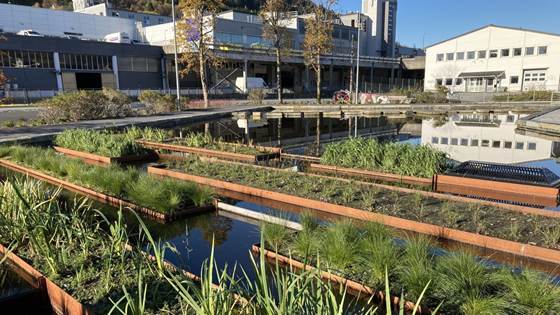
Securing a sustainable water future
SINTEF researchers play an important role in Water Europe’s work on water security and resilience.

SINTEF researchers play an important role in Water Europe’s work on water security and resilience.
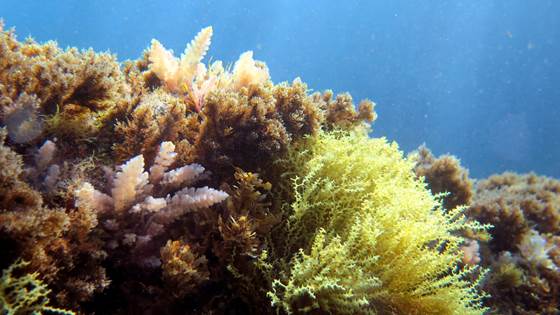
It can take up to 200 years for damaged marine environments to fully recover by just stopping the destruction and leaving the ecosystems to themselves. That is why we must implement active restoration interventions.
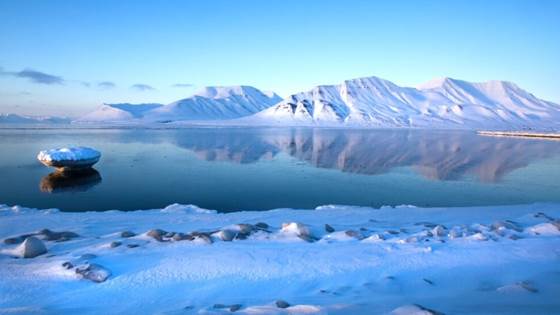
Out of sight, out of mind? Far from it! Urine, faeces and toilet paper are the only things you should ever flush down the toilet. Anything else has a negative impact on marine life.
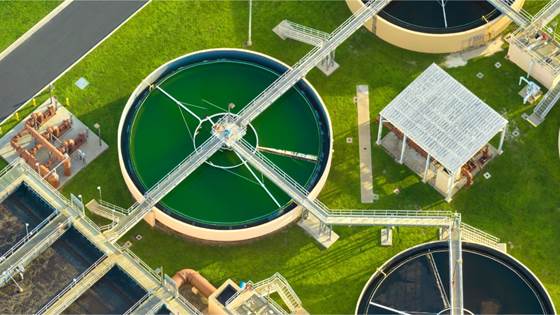
A new project which SINTEF is taking part in will look at better ways to deal with industrial wastewater.
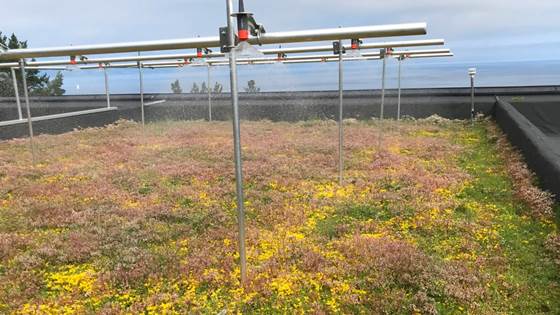
Urban growth, densification and climate change are putting increasing pressure on our water drainage systems. We now need better systems to manage the increasing number of uncontrolled stormwater events.
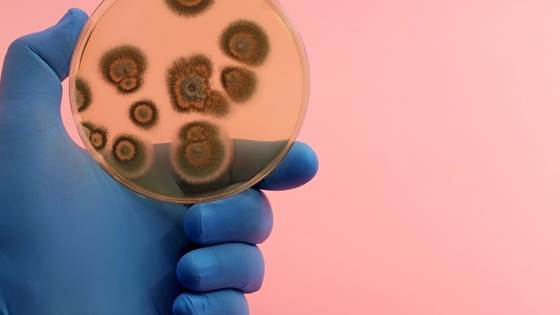
SINTEF researchers have been testing different types of water distribution cabinets. Cabinets that combine the distribution of both domestic tap water and water for floor heating, are now shown to represent an unnecessary risk of Legionnaires...

Was your house damaged following the recent ‘Hans’ extreme weather event? SINTEF can advise you about what you can do to limit the extent of the damage.
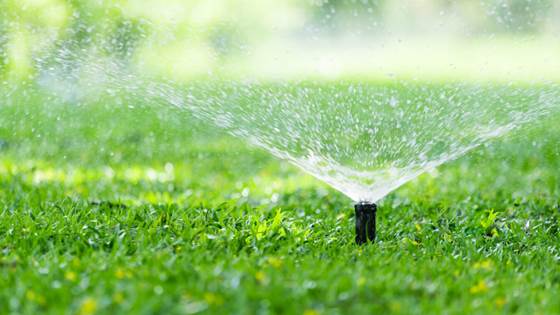
Is it safe to use treated wastewater to irrigate lawns and vegetable crops? This is the question now being addressed by researchers and the water industry.
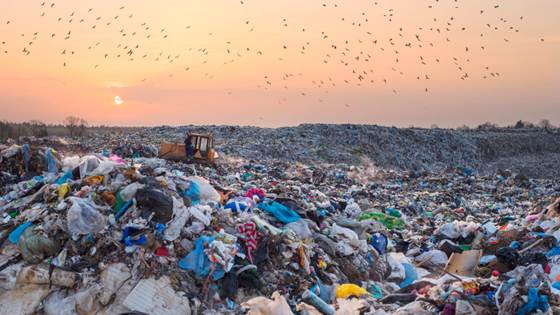
Using non-recyclable plastic waste as an alternative to coal may prevent huge volumes of plastic from being discarded into the oceans – and will also reduce CO2 emissions. This is the conclusion of a recently completed pilot project headed by SINTEF...

The circular economy can boost profits in the water management sector, and at the same time provide farmers both in Norway and around the world with cheaper fertiliser.
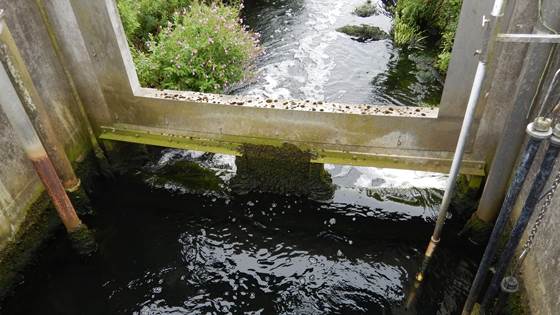
Resources from wastewater must be better utilized to ensure access to clean water, enough food and good living conditions for all. Researchers in five countries are about to demonstrate circular economic models for how wastewater resources can be...
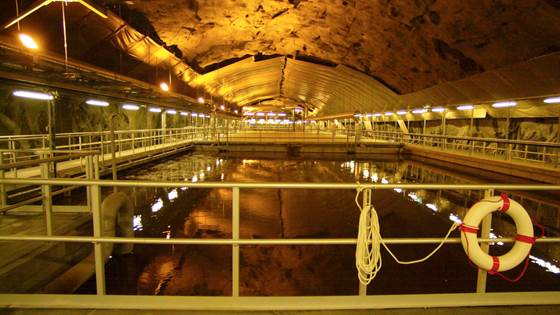
A world without phosphorous is a world without life. But phosphorous is a finite resource, so researchers are recovering it from sewage.

The filter will first be used to recover aircraft de-icing chemicals. In the future it will also be used in urban areas to remove environmental toxins, pollution and probably microplastics.

Warmer weather and more rain have made surface water an environmental problem.
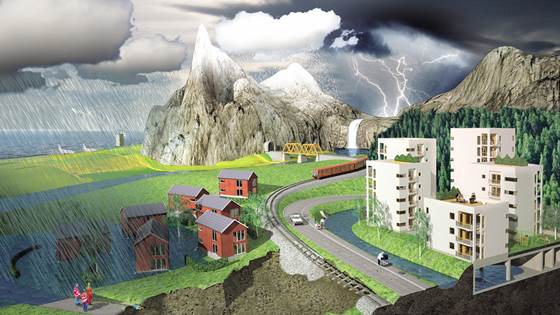
The Research Council of Norway has announced the establishment of 17 new centers for research-based innovation (SFI). Klima 2050 is one of these, and Norway finally gets a Centre for climate adaptation of the built environment. The official start-up...